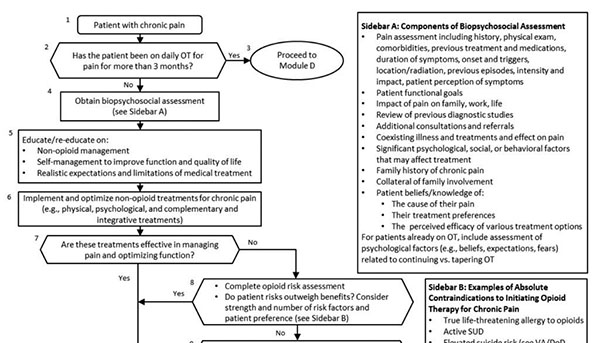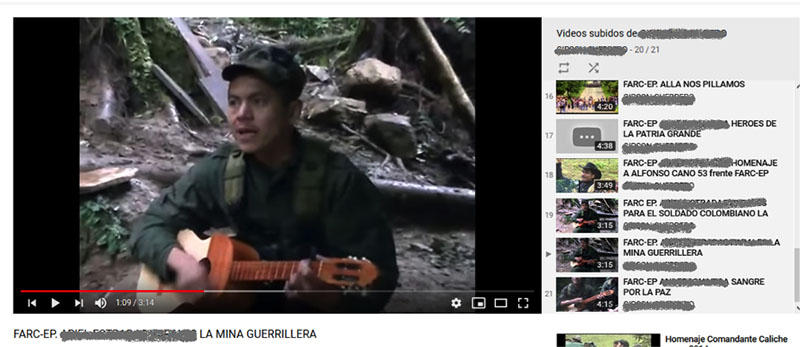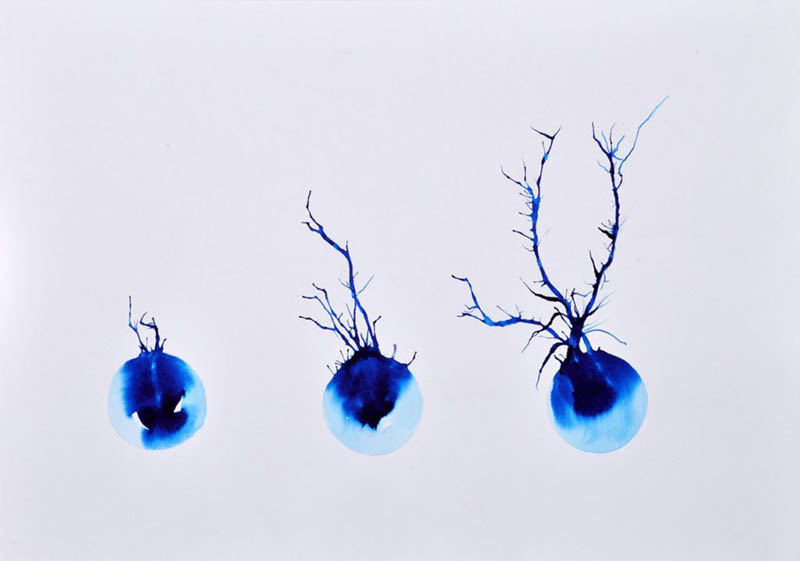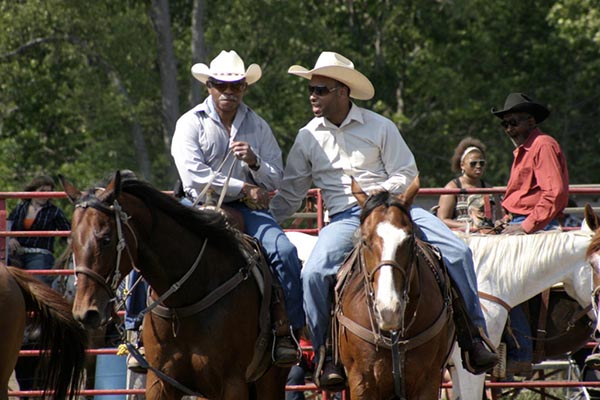
Computable Norms: Clinical Practice Guidelines and Digital Infrastructure
I’m a sociocultural anthropologist by training. Until recently, my research focused on environmental issues in Ecuador. Yet, my attempt to address the gaps left by traditional anthropological approaches to environmental issues quickly brought me into topical areas that the anthropology I was trained in infrequently touched on: institutional change over historical time, knowledge infrastructure work, and particularly the functioning and interaction of modern forms of expertise. I’m now a postdoctoral fellow in medical informatics at the U.S. Veterans Affairs Administration. It is an odd organizational context to find myself in, as someone who conceived of himself as an environmental anthropologist for years. Yet many of the big themes are strikingly familiar. In particular, I am surrounded by (and participating in) the expert design of sociotechnical contexts intended to be inhabited by other experts – an aspect of environmental expertise that fascinated me in my environmentally-focused research. In my postdoc, I’m fortunate to have exposure to many of the technical nuts and bolts of infrastructure design for clinicians. In my remarks below, I share some reflections about “clinical practice guidelines,” a specific form of formal medical guidance that increasingly constitutes part of the digital infrastructure used by medical providers, designed and implemented in part by informaticists. (read more...)




